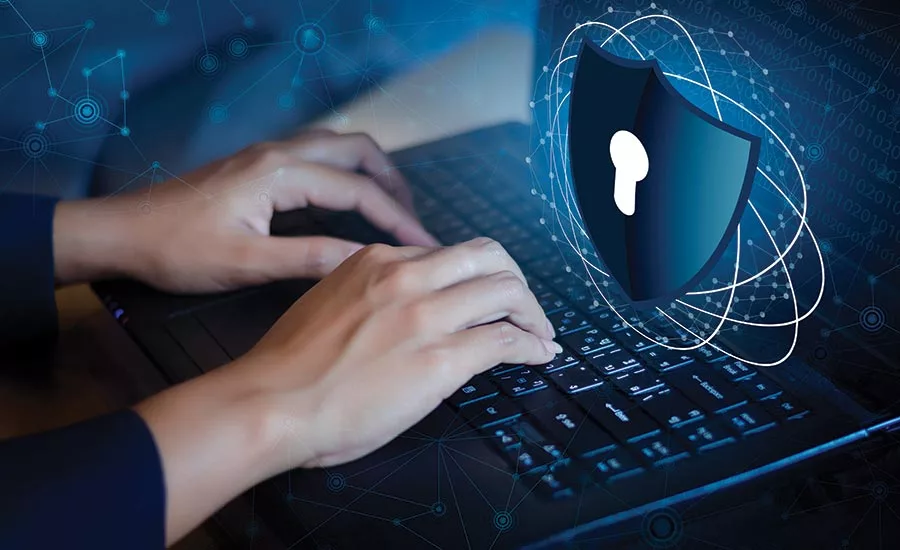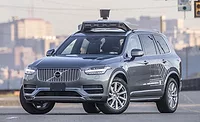Growing cybersecurity concerns create opportunity for competitive advantage

The Department of Homeland Security (DHS) issued a list of a half dozen threats last year that it viewed as having the greatest potential impact on everyday life. While these threats ranged in scope from aviation and transportation attacks, to climate and weather disasters, to disinformation, the threats from this list that Americans fear most are the ones related to cybersecurity.
In Spring 2020 as the COVID-19 pandemic was starting to spread across the globe, a survey of approximately 250 U.S. consumers commissioned by Awake Security found that the two threats from the DHS list that worry Americans most are cyberattacks on core infrastructure (electric, water, transportation etc.) and cyberattacks on corporations.
Diving deeper into the results surfaces something that is contrary to the popular narrative: consumers take responsibility for their personal cybersecurity and even help out those around them. They hold the government and enterprises ultimately accountable, but also understand the role each individual has to play.
This awareness and concern raises interesting questions about how it might impact consumers’ buying decisions. That’s exactly what the final part of the survey explores, and results suggest that there’s a big opportunity for organizations to use strong cybersecurity as a competitive advantage.
Americans express a preference for brands that use cybersecurity as a differentiator
Perhaps most interestingly, and possibly because of a lack of a consolidated approach to cybersecurity, more than half of survey respondents (55%) indicate they would choose a business that provides cybersecurity as a feature of their service over a business that doesn’t offer protection.
It seems intuitive that the average consumer is likely to be attracted to a financial service that makes a claim of cybersecurity or is certified for its security by an independent third party. This is akin to why consumers prefer FDIC-insured financial services over those without FDIC backing, and is a big shift in how cybersecurity is viewed today. It means committing to protecting consumers at a level that might make some enterprises uncomfortable. But in a time when so little can be trusted, the idea of making that pivot and putting the responsibility at the head of the boardroom table, could mean delivering consumer-focused value.
Digging deeper: loyalty doesn’t stop with preference.
According to the survey, most Americans (52%) are also more likely to recommend a company to other people if it offers cybersecurity protection as a feature. A large portion (40%) is also willing to change from their existing service (e.g., bank, trading account, ecommerce, etc.) to garner that protection. Notably, more than a quarter (26%) are even willing to pay more for that service (26%).
And why shouldn’t cybersecurity be a competitive differentiator?
While the nation struggles to align its national interests with corporate interests and consumer safety, leaders who realize meeting a standard of cybersecurity that offers their customers true protection could be capturing lighting in a bottle. Committing to that standard, could lead to both increased customer satisfaction and shareholder value.

It is clear that as Americans grow more aware of the importance of keeping data protected – from national security, to personal health information and everything in between – an opportunity for managing cybersecurity differently is emerging. Often, cybersecurity is viewed using a risk management lens and thought of as insurance, risk vs. reward, etc. But what if we turned the model upside down?
Looking for a reprint of this article?
From high-res PDFs to custom plaques, order your copy today!








